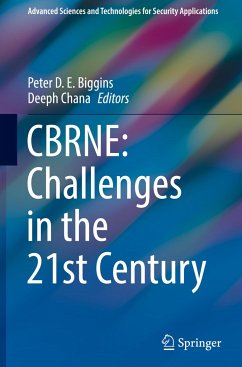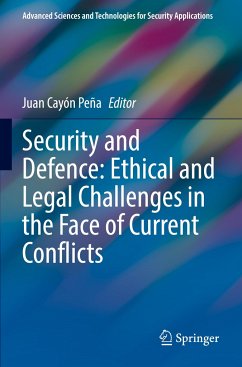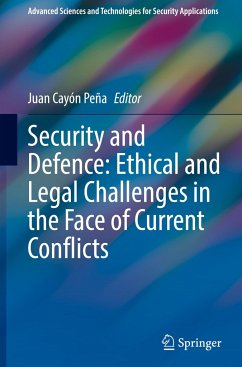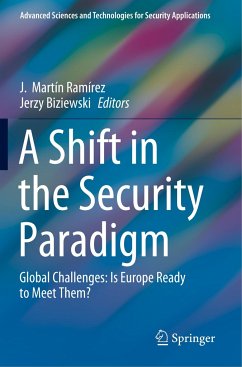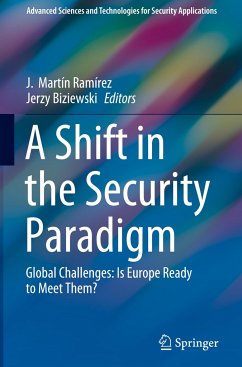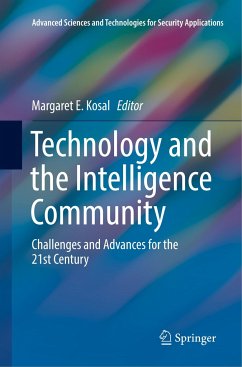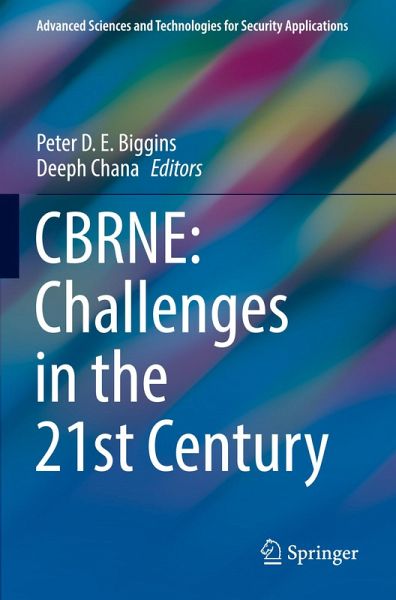
CBRNE: Challenges in the 21st Century
Versandkostenfrei!
Versandfertig in 6-10 Tagen
98,99 €
inkl. MwSt.

PAYBACK Punkte
49 °P sammeln!
This book addresses the pertinent issues that will need to be considered by those interested in physical security problems of the future. Specifically, it examines how changes in the accessibility of technology - data, hardware, software - are likely to affect both threat and mitigation considerations for Chemical, Biological, Radiological and Explosive (CBRE) scenarios and how social science can inform us of the human aspects of each. The trend towards an ever more socio-technical society and infrastructures - encapsulated by concepts such as 'smart cities' - is drawn out as a key motivation ...
This book addresses the pertinent issues that will need to be considered by those interested in physical security problems of the future. Specifically, it examines how changes in the accessibility of technology - data, hardware, software - are likely to affect both threat and mitigation considerations for Chemical, Biological, Radiological and Explosive (CBRE) scenarios and how social science can inform us of the human aspects of each. The trend towards an ever more socio-technical society and infrastructures - encapsulated by concepts such as 'smart cities' - is drawn out as a key motivation for adopting more holistic risk approaches to such security problems, than is currently the case.



